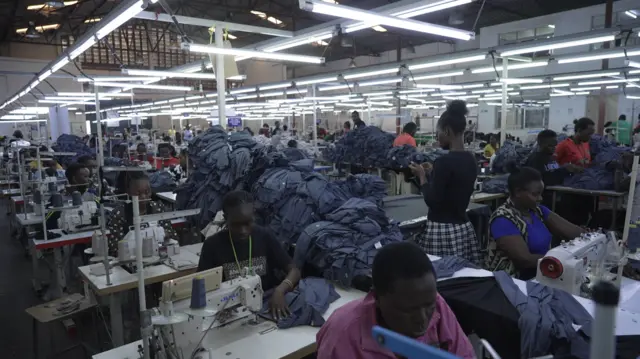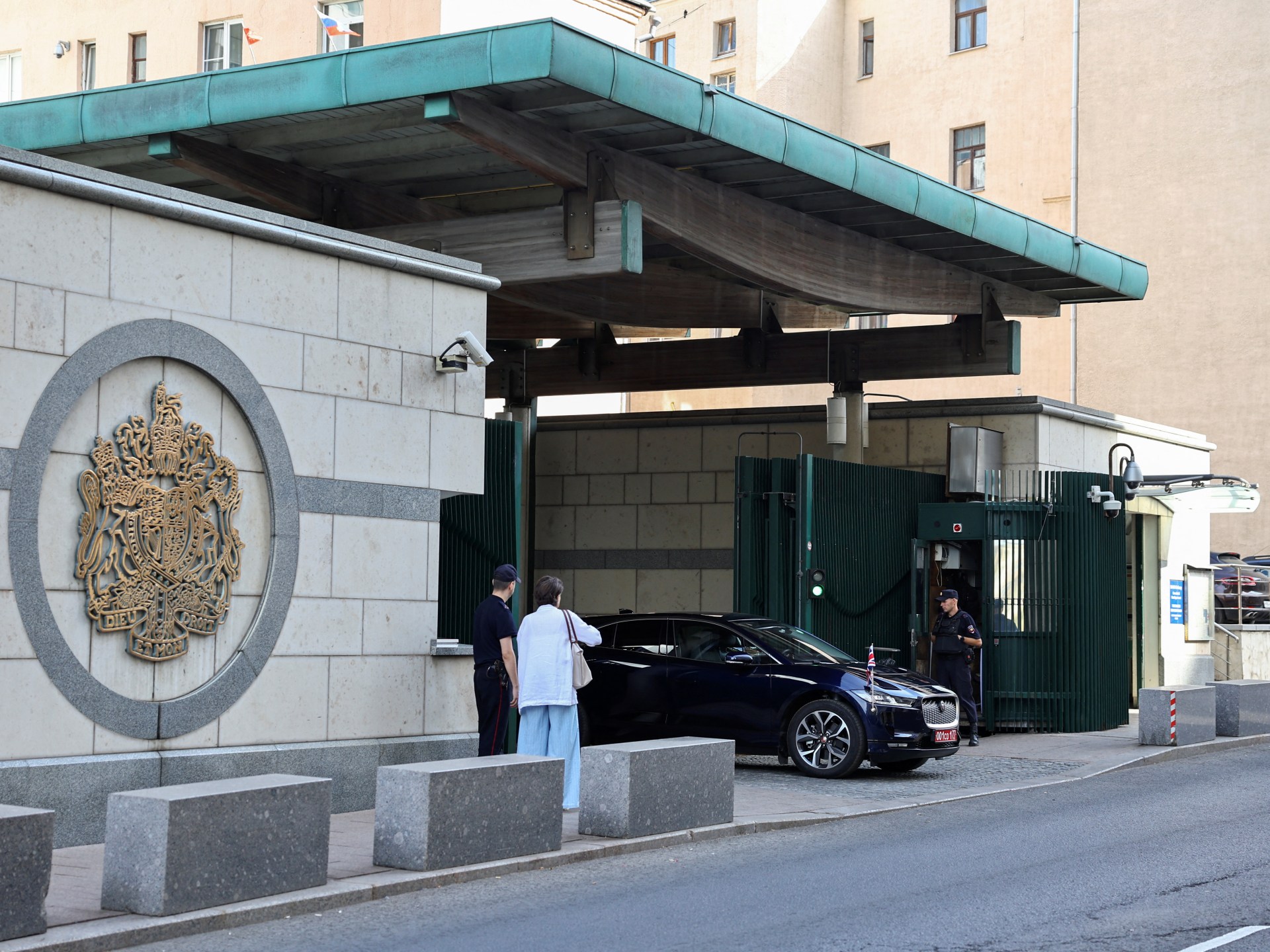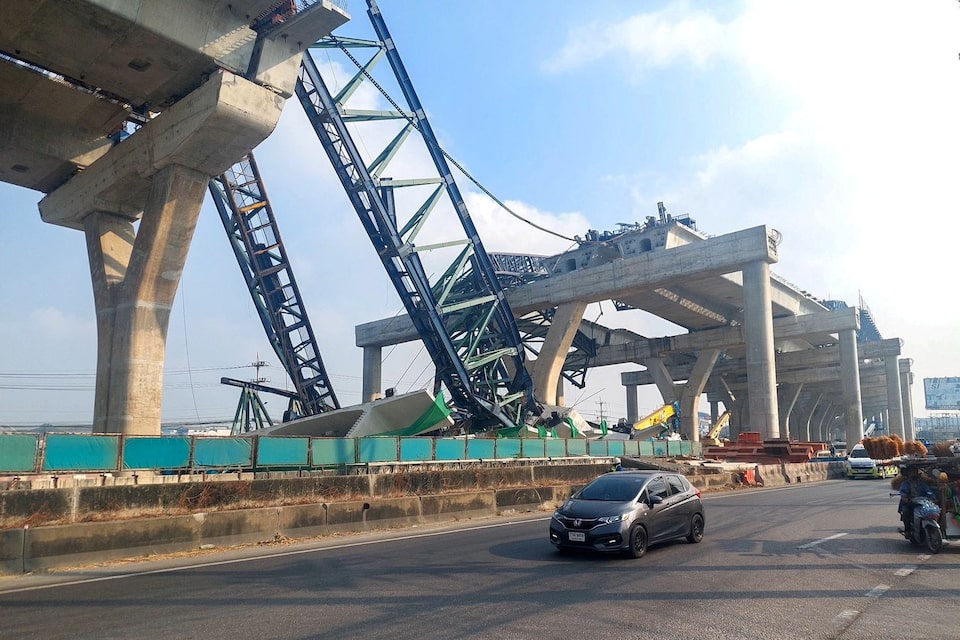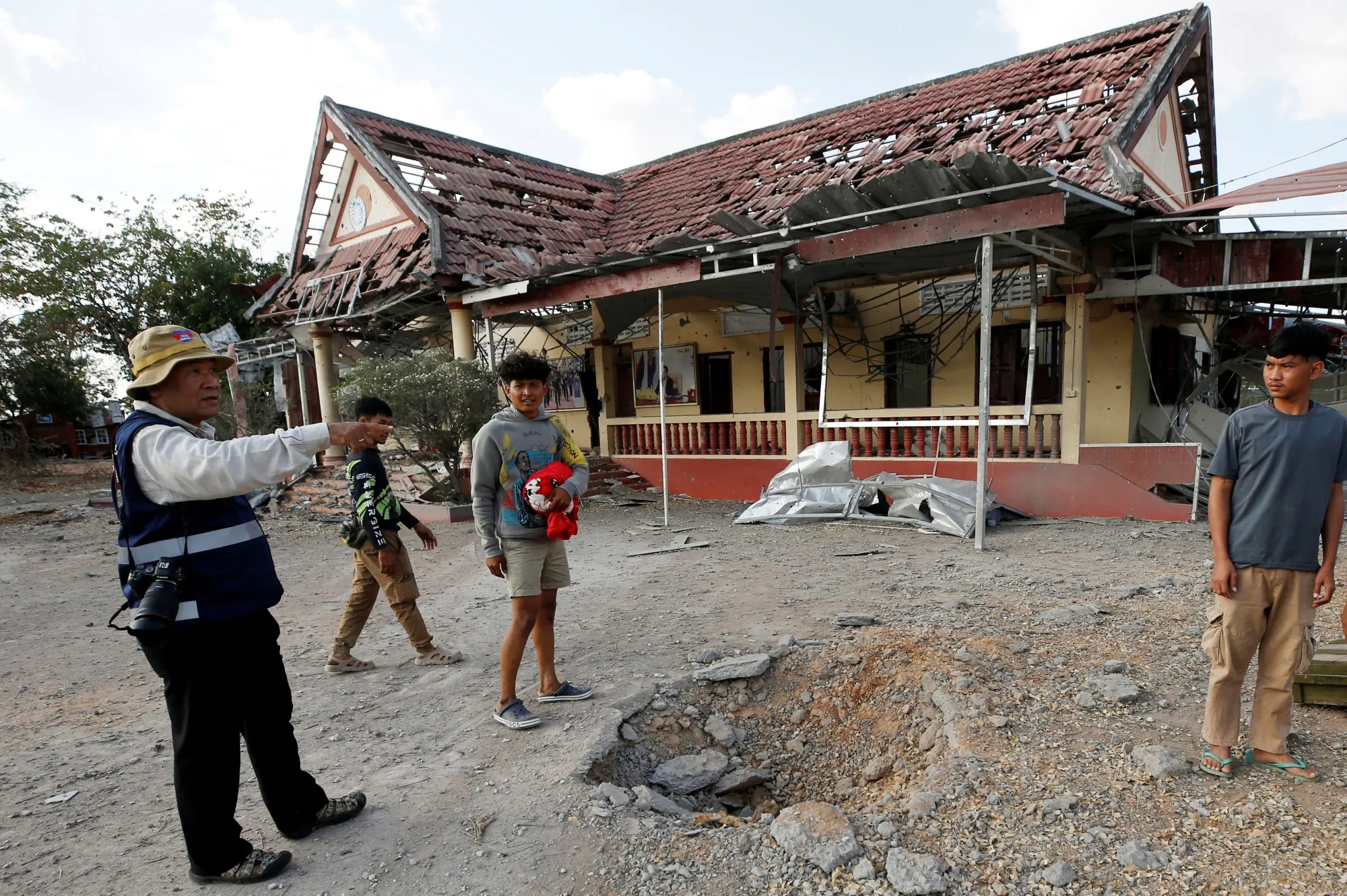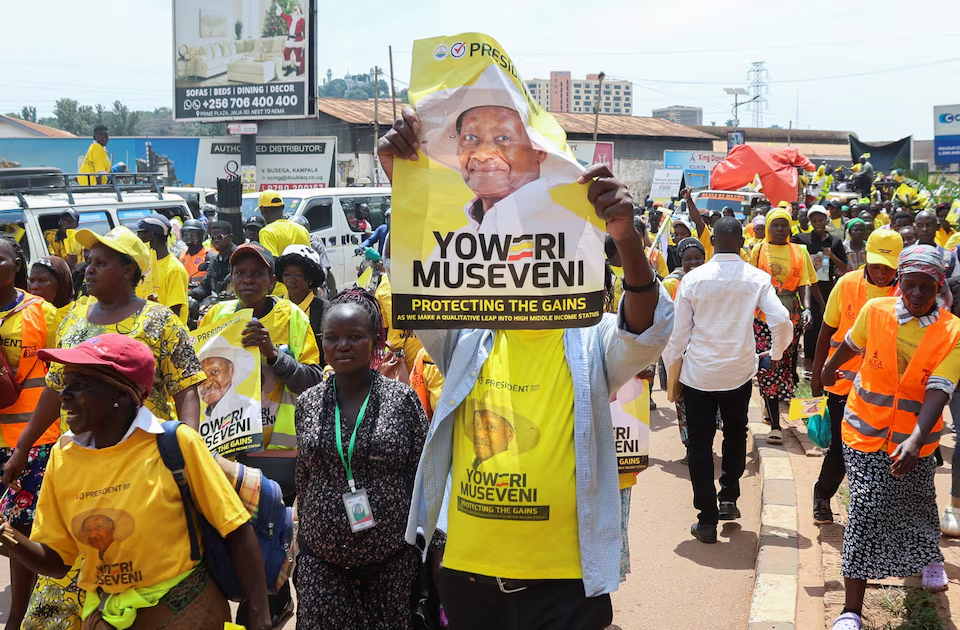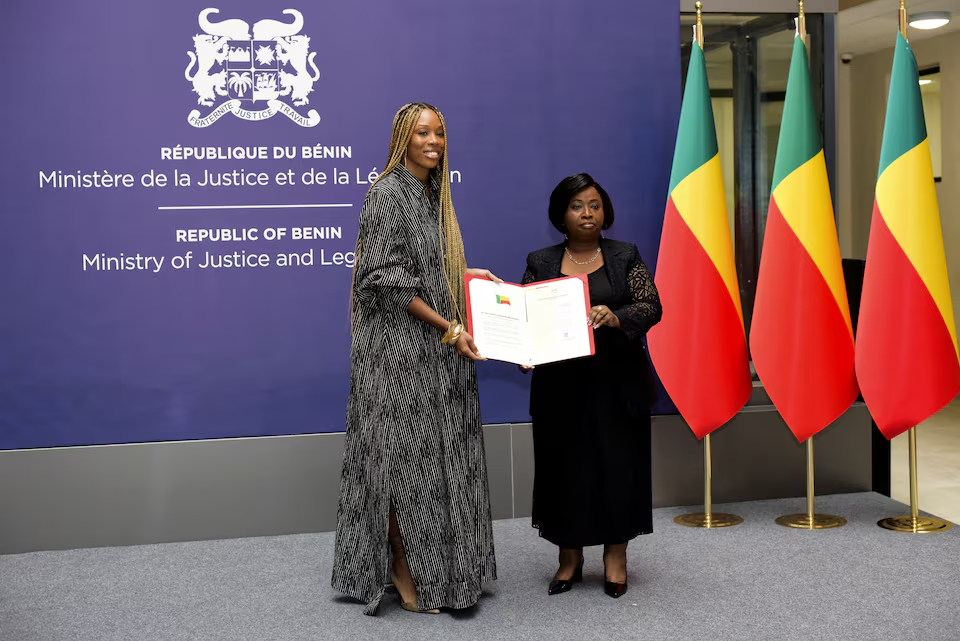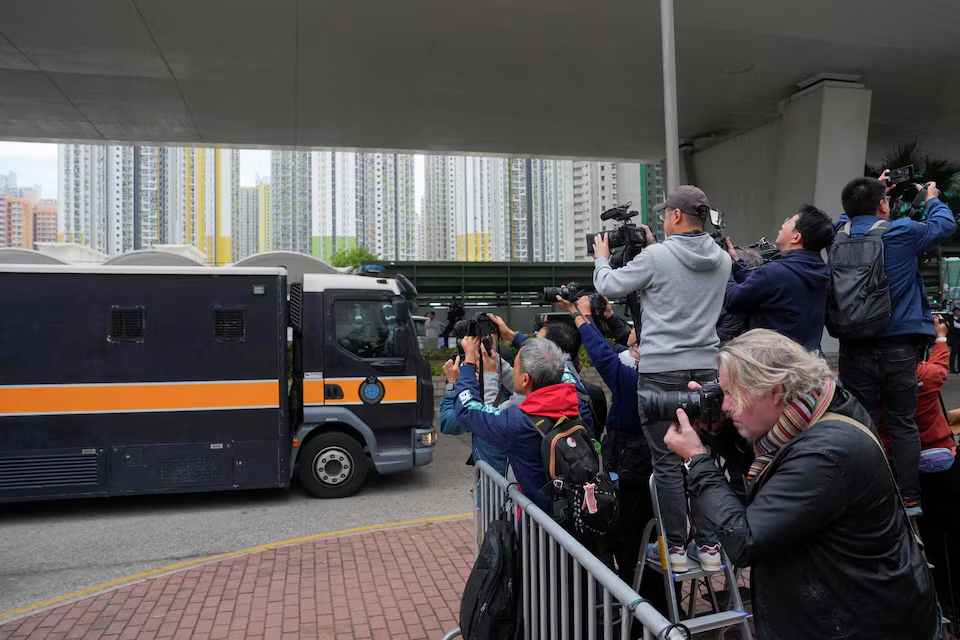Joan Wambui smooths a seam with practiced hands, but the rhythm of her work no longer guarantees tomorrow. For six months the 29-year-old has stitched sportswear bound for the United States; her modest wage now underwrites a household that includes a young daughter, two siblings in college and an elderly mother. Should a quarter-century trade arrangement lapse, she fears the fabric of their lives will begin to fray.
The African Growth and Opportunity Act — a law that for 25 years has allowed certain African goods duty-free access to the U.S. market — is set to expire on Tuesday. What began as an experiment in replacing aid with trade has become, for many factories and families, a fragile scaffolding holding jobs and investments in place. In Nairobi, plants that once operated at full tilt have already tightened production as buyers hesitate to sign long-term orders.
Shona EPZ, where Joan works, typifies the stakes. The factory employs roughly 700 people and has poured some $10 million into machinery and facilities over seven years. At its peak it turned out nearly half a million garments a month; this year output has fallen to about a third of that as demand falters and uncertainty grows. A 10% tariff introduced earlier has compounded the strain, raising costs and biting into margins even where duty-free access persists.
Read Also: Trump’s Gaza Proposal Opens Door, But Doubts Persist
Factory director Isaac Maluki warns of stark choices: reduced hours, layoffs, or even closure if the market dries up. “We invested in people and equipment,” he says. “If the extension isn’t granted, that investment will go down the drain.” For workers recruited from the streets and trained on the line, the factory has meant more than pay — it has been a route out of addiction, a program of dignity and routine. To lose it would be to unpick more than just livelihoods.
Across the continent, more than 30 countries export thousands of products under the act; sectors from textiles to agriculture rely on its predictability. African envoys have pressed Washington for renewal, and trade advisers urge a sharper negotiating posture: market access, they say, should be matched by clearer offers and deeper partnerships.
Yet diplomacy moves slowly while bills become due. On factory floors like Shona EPZ, every stitch is now a small wager on whether policy will keep pace with the human costs it governs. Joan folds another finished piece and looks up, as if measuring how many more seams she must sew before a decision is made that could determine who stays and who goes.

